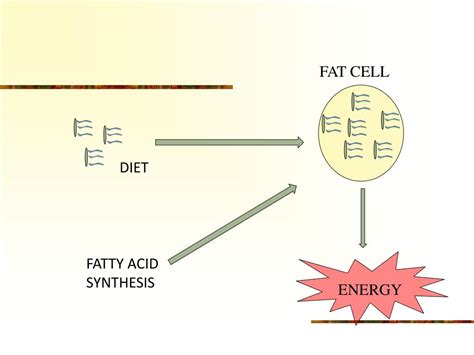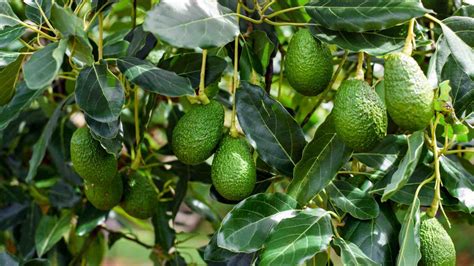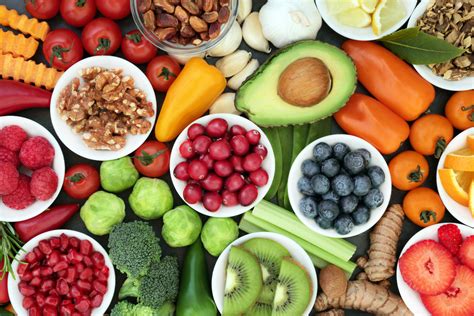What specific role do healthy fats, particularly monounsaturated and polyunsaturated fats, play in supporting optimal testosterone levels in men?

The Crucial Connection Between Healthy Fats and Testosterone
Testosterone, the primary male sex hormone, plays a pivotal role in men’s health, influencing everything from muscle mass and bone density to mood, energy levels, and libido. While various factors contribute to healthy testosterone production, diet stands out as a fundamental modulator. Among dietary components, healthy fats – specifically monounsaturated fatty acids (MUFAs) and polyunsaturated fatty acids (PUFAs) – have garnered significant attention for their specific roles in supporting optimal testosterone levels.
The Hormonal Blueprint: Why Fats Are Essential
To understand the impact of healthy fats, it’s essential to recognize that testosterone is a steroid hormone, meaning it’s synthesized from cholesterol. Cholesterol itself is a fat-like substance, and while the body produces it, dietary fats significantly influence its availability and metabolism. Without adequate, high-quality fat intake, the raw materials for hormone synthesis can become limited, potentially impeding optimal testosterone production.

Monounsaturated Fats (MUFAs): The Direct Boost
Monounsaturated fats are found in foods like olive oil, avocados, and various nuts and seeds. Research consistently points to MUFAs as beneficial for testosterone production. Their primary mechanisms include:
- Cholesterol Transport and Utilization: MUFAs can improve the transport of cholesterol into the Leydig cells in the testes, where testosterone synthesis occurs. Efficient cholesterol delivery is a rate-limiting step in testosterone production.
- Insulin Sensitivity: Diets rich in MUFAs are often associated with improved insulin sensitivity. Better insulin sensitivity can indirectly support testosterone levels, as insulin resistance is frequently linked to lower testosterone.
- Reduced Inflammation: While less direct than PUFAs, MUFAs contribute to an overall anti-inflammatory dietary pattern, which is conducive to healthy hormone function.
Several studies have demonstrated that men consuming diets higher in monounsaturated fats tend to have higher testosterone levels compared to those on low-fat diets or diets high in less healthy fats. Incorporating sources like extra virgin olive oil, almonds, macadamia nuts, and avocados into your daily intake can be a simple yet effective strategy.

Polyunsaturated Fats (PUFAs): The Balancing Act
Polyunsaturated fats, which include Omega-3 and Omega-6 fatty acids, are essential as the body cannot produce them. Their role in testosterone synthesis is more nuanced, involving cellular function, inflammation, and overall metabolic health.
Omega-3 Fatty Acids: The Anti-Inflammatory Powerhouses
Omega-3s, particularly EPA (eicosapentaenoic acid) and DHA (docosahexaenoic acid) found in fatty fish (salmon, mackerel, sardines), flaxseeds, and chia seeds, are renowned for their anti-inflammatory properties. Chronic inflammation can disrupt the hypothalamic-pituitary-gonadal (HPG) axis, which regulates testosterone production. By reducing inflammation, Omega-3s help maintain the optimal signaling environment for hormone synthesis.
- Cell Membrane Fluidity: Omega-3s are incorporated into cell membranes, including those of Leydig cells. This can improve cell membrane fluidity, enhancing receptor function and signaling pathways involved in testosterone production.
- Gene Expression: They can influence gene expression related to lipid metabolism and steroidogenesis.

Omega-6 Fatty Acids: The Importance of Balance
Omega-6 fatty acids are also essential and found in various vegetable oils (corn, soybean, sunflower), nuts, and seeds. While necessary, a high intake of Omega-6s relative to Omega-3s, common in modern Western diets, can promote a pro-inflammatory state. This imbalance can negatively impact hormonal health, including testosterone levels. The key is balance: consuming Omega-6s from whole, unprocessed sources like nuts and seeds, while actively increasing Omega-3 intake and reducing highly processed vegetable oils.

Practical Dietary Strategies for Optimal Testosterone
To leverage the testosterone-supporting benefits of healthy fats, men should focus on:
- Prioritizing MUFAs: Make olive oil, avocados, almonds, and macadamia nuts staples in your diet.
- Increasing Omega-3s: Aim for at least two servings of fatty fish per week, or consider flaxseeds, chia seeds, and walnuts.
- Balancing Omega-6s: While not demonizing Omega-6s, be mindful of excessive intake from highly processed foods and seed oils. Opt for Omega-6s from whole food sources.
- Avoiding Trans Fats: These artificial fats have detrimental effects on overall health and can severely impair hormonal balance.
- Incorporating a Variety: A diverse intake of healthy fats from various sources ensures a broad spectrum of nutrients that work synergistically.
Conclusion
Healthy fats are not just beneficial; they are indispensable for optimal testosterone levels in men. Monounsaturated fats provide direct support by facilitating cholesterol transport and improving insulin sensitivity, while polyunsaturated fats, particularly Omega-3s, modulate inflammation and enhance cellular function critical for hormone synthesis. By consciously incorporating a balanced array of MUFAs and PUFAs into their diet, men can create a robust nutritional foundation that actively supports healthy testosterone production and contributes significantly to overall well-being. It’s a testament to the power of nutrition in maintaining vital physiological functions.









